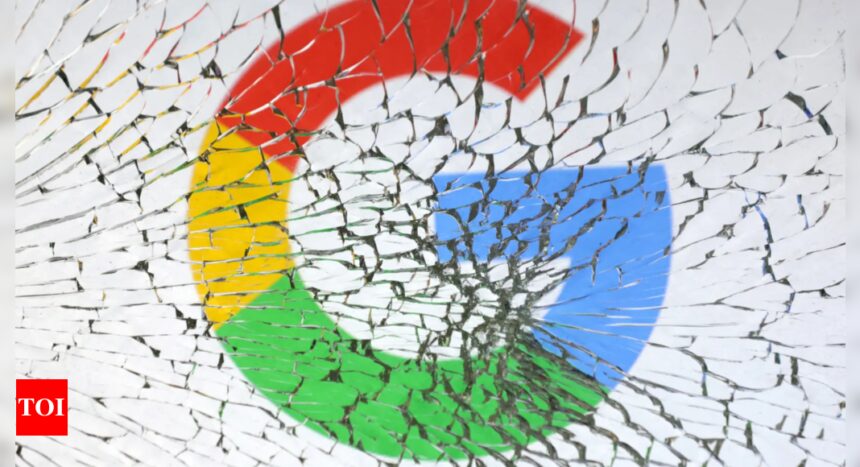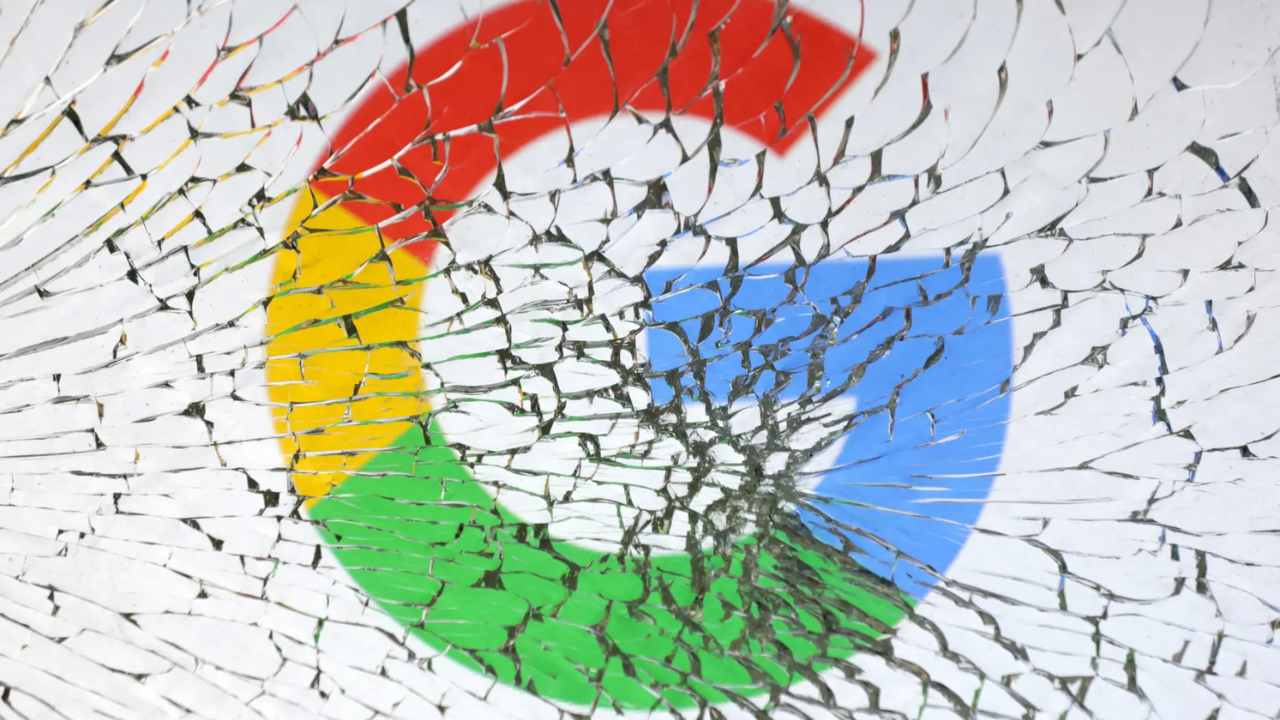One month after a judge declared Google’s search engine an illegal monopoly, the tech giant faces another antitrust lawsuit that threatens to break up the company, this time over its advertising technology. The justice department, joined by a coalition of states, and Google each made opening statements Monday to a federal judge who will decide whether Google holds a monopoly over online advertising technology.
The regulators contend that Google built, acquired and maintains a monopoly over the technology that matches online publishers to advertisers. Dominance over the software on both the buy side and the sell side of the transaction enables Google to keep as much as 36 cents on the dollar when it brokers sales between publishers and advertisers, the govt contends in court papers. They allege that Google also controls the ad exchange market, which matches the buy side to the sell side. “One monopoly is bad enough. But a trifecta of monopolies is what we have here,” justice department lawyer Julia Tarver Wood said.
In her opening statement, Google lawyer Karen Dunn said the govt’s case is based on an internet of yesteryear. The company says the case is improperly focused on display ads and banner ads that load on web pages accessed through a desktop computer and fails to take into account consumers’ migration to mobile apps and the boom in ads placed on social media sites.
As per Google’s annual reports, revenue has actually declined in recent years for Google Networks, the division that includes services like AdSense and Google Ad Manager that are at the heart of the case, from $31.7 billion in 2021 to $31.3 billion in 2023,
The Virginia case comes on the heels of Google’s defeat over its search engine, which generates the majority of its $307 billion in annual revenue. A judge in the district of Columbia declared the search engine a monopoly, maintained in part by tens of billions of dollars Google pays each year to companies to lock in Google as the default search engine. And in Dec, a judge declared Google’s Android app store a monopoly. AP
The regulators contend that Google built, acquired and maintains a monopoly over the technology that matches online publishers to advertisers. Dominance over the software on both the buy side and the sell side of the transaction enables Google to keep as much as 36 cents on the dollar when it brokers sales between publishers and advertisers, the govt contends in court papers. They allege that Google also controls the ad exchange market, which matches the buy side to the sell side. “One monopoly is bad enough. But a trifecta of monopolies is what we have here,” justice department lawyer Julia Tarver Wood said.
In her opening statement, Google lawyer Karen Dunn said the govt’s case is based on an internet of yesteryear. The company says the case is improperly focused on display ads and banner ads that load on web pages accessed through a desktop computer and fails to take into account consumers’ migration to mobile apps and the boom in ads placed on social media sites.
As per Google’s annual reports, revenue has actually declined in recent years for Google Networks, the division that includes services like AdSense and Google Ad Manager that are at the heart of the case, from $31.7 billion in 2021 to $31.3 billion in 2023,
The Virginia case comes on the heels of Google’s defeat over its search engine, which generates the majority of its $307 billion in annual revenue. A judge in the district of Columbia declared the search engine a monopoly, maintained in part by tens of billions of dollars Google pays each year to companies to lock in Google as the default search engine. And in Dec, a judge declared Google’s Android app store a monopoly. AP
Source : Times of India









